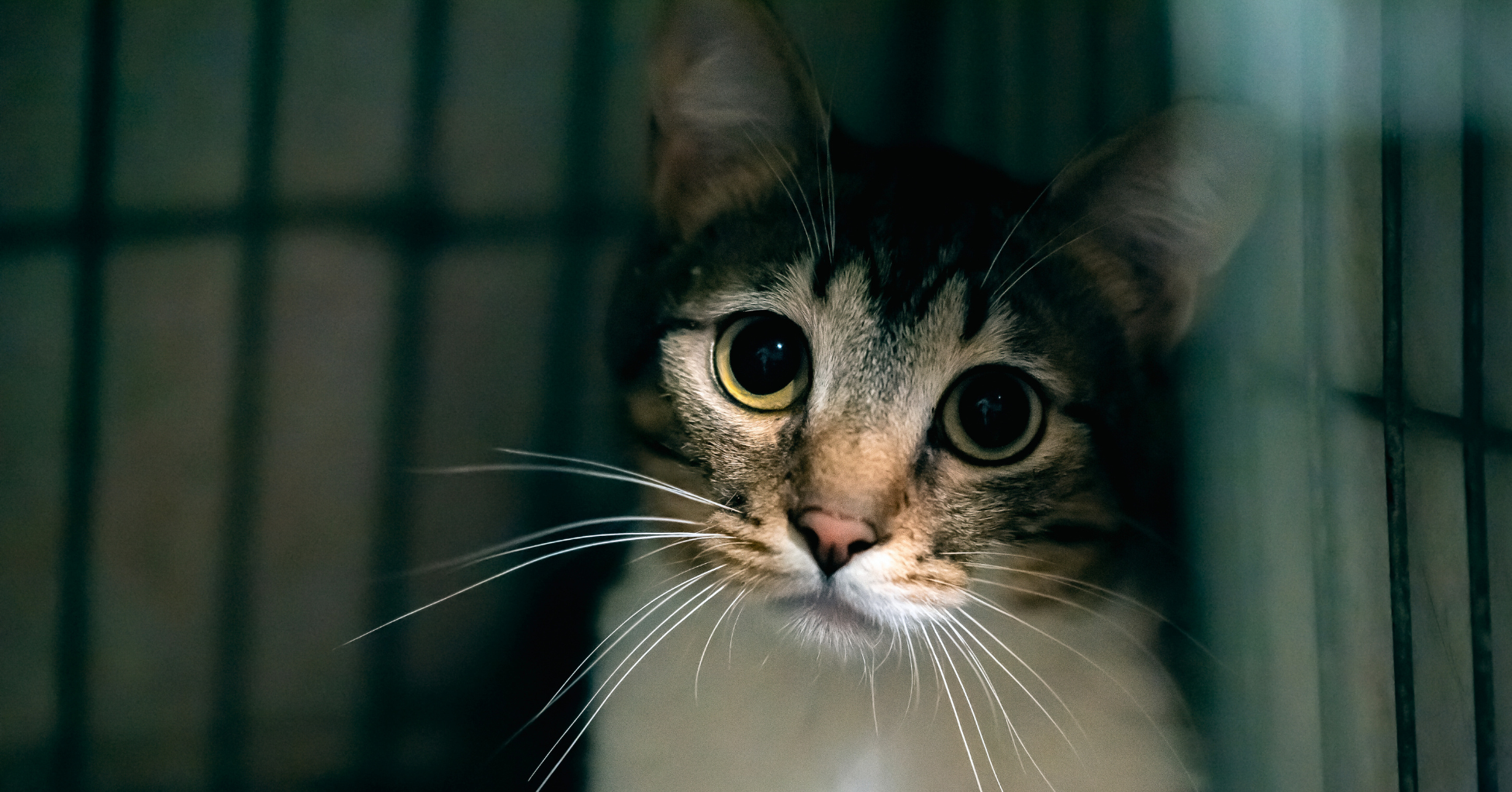
At Rise for Animals, we understand that the rights of all beings are inextricably linked. And, perhaps even more importantly, we understand that we needn’t choose between rights for us or rights for others – but, rather, that we can, and we must, choose rights for all.
When it comes to animal research, we don’t have to choose between “us” and “them”.
The animal research industry frames animal experimentation as “necessary to prevent serious harm to humans” – or, really, as “a forced choice situation, where we must choose between saving the human or the [other-than-human] animal.” But, as Professor Steve Cooke explains, the animal research industry is presenting (and confusing) us with a forced and false “choice”.
Not only does the animal research industry’s “us versus them” framing distract from the core ethical issue of whether it is ever justifiable to exploit someone for the supposed good of someone else, but, critically, it obscures the presence of a choice at all: calling animal experiments “necessary” doesn’t mean that we have no choice.
In fact, as doctors Ray and Jean Greek describe:
Using animals in biomedical research is like watching, from the deck of a cruise ship, a child drowning in the ocean. The child obviously needs assistance. The animal model community suggests we throw a hundred dogs into the water to drown with the child. This will not save the child. We suggest a life jacket.
The real question, then, isn’t about choosing “us” or “them”. It’s about rejecting this false choice altogether.
Professor Cooke challenges the moral framework behind animal experimentation by comparing it to an ethically fraught human scenario. He explains that experimentation is less about choosing whom to save—humans or other-than-humans—and more about choosing whether to harm one being to help another.
For instance, while someone might feel justified in harming a stranger to save a loved one, this doesn’t make it morally right. Indeed, all individuals are equally deserving of protection, regardless of our personal feelings.
Similarly, says Professor Cooke, it would not be acceptable to clone humans for organ harvesting, even if the cloning benefited more humans than it harmed, and even if cloned humans were genetically altered to be less rational. This is because rights neither depend on cognitive ability nor disappear because one group is deemed “less rational”.
The same logic applies to other-than-human animals: other-than-human animals have moral rights, and harming them for human benefit is indefensible.
We must, therefore, think and act in terms of “we” and pursue justice for all of us.
Rights and justice are two branches of the same tree: justice “describes what is morally owed to individuals”, and rights “serve as a way of describing and implementing principles of justice.” Indeed, says Professor Cooke, “principles of justice might require that no one is enslaved, assaulted, killed or tormented, and these principles can then be embodied in rights against enslavement, assault, killing and torture.”

And, ultimately, this or what we’re fighting for: a world in which no one – human or other-than-human – is enslaved, assaulted, killed, or tormented in the name of science.
A world in which there are rights and justice for all.
As we move into 2025, let’s be inspired by the promise of such a world, together rejecting false choices and embracing equality and justice writ large.
